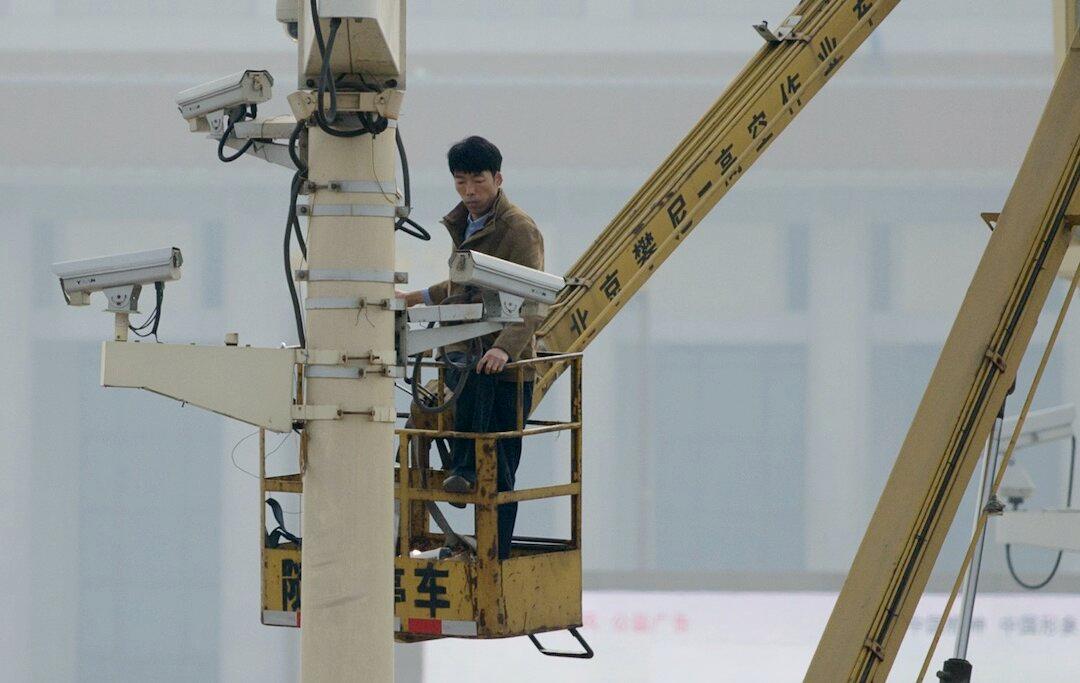News Analysis
The Chinese regime released a music video to promote its Social Credit System, which monitors all activities of all people—including daily behavior, movement, online purchases, family, and friends—and assigns each person a “citizen score” that determines the level of freedom or repression to be enjoyed or endured.





